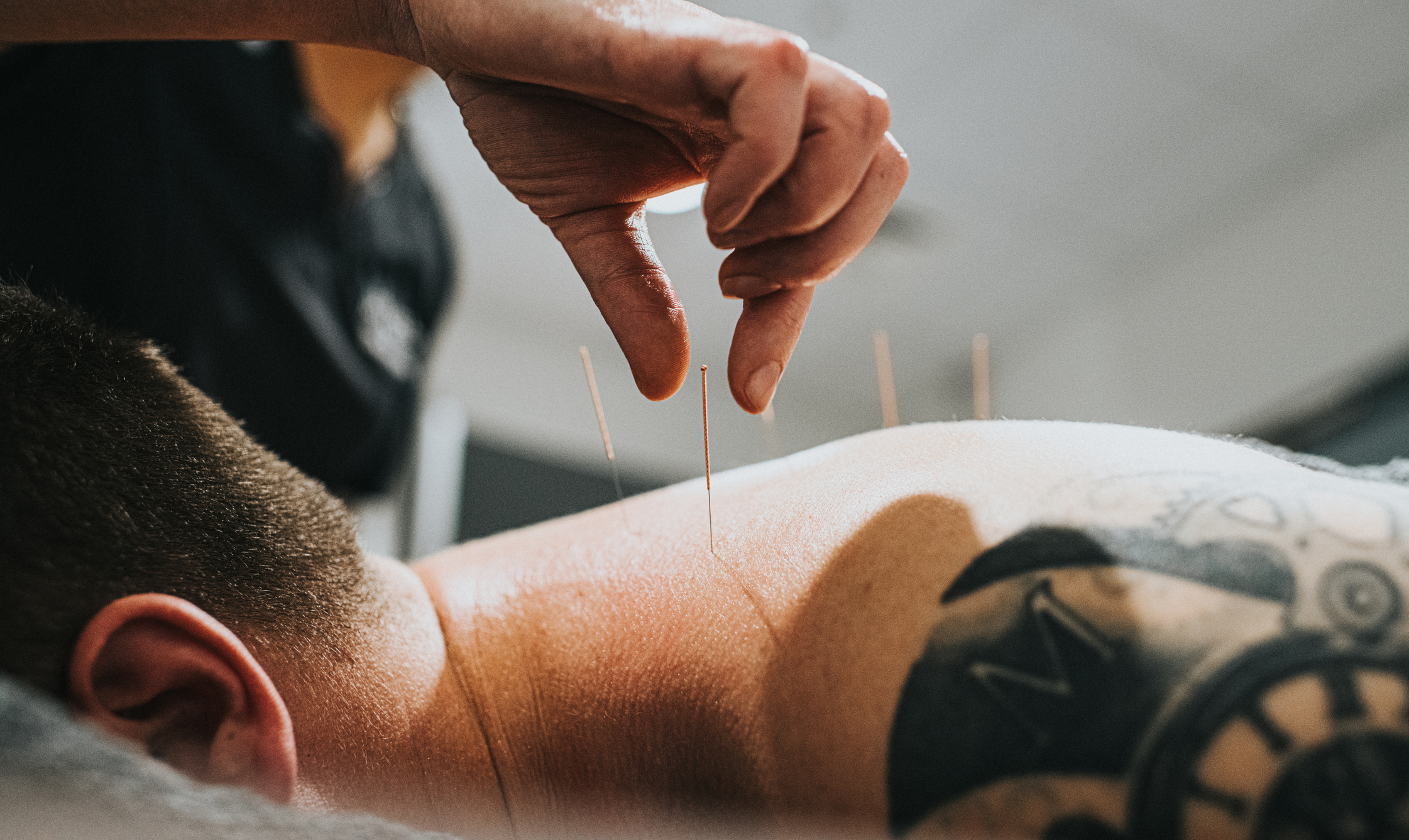Acupuncture can alleviate pain and improve function in patients with chronic sciatica from a herniated disk, according to a Chinese study.
At six hospitals in China, researchers recruited 216 patients with herniated disks causing sciatica for at least three months and randomly assigned them to receive 10 sessions of acupuncture or sham acupuncture over 4 weeks.
Two standard scoring tools showed significantly greater improvements in the acupuncture group, they reported in JAMA Internal Medicine.
At week 4, scores on the visual analog scale for leg pain had decreased by an average of 30.8 mm in the acupuncture group versus 14.9 mm in the sham group.
Scores on the Oswestry Disability Index decreased by 13.0 points in the acupuncture group compared with 4.9 points in the control group after four weeks.
The improvements in the acupuncture group were still evident a year later, the researchers found.
An editorial published with the study called it methodologically rigorous and said “acupuncture adds an effective, evidence-based, non-pharmacological treatment to address a common chronic condition.”
Experimental electric patch kills wound bacteria
Early testing of a patch that delivers imperceptible electric currents to the skin demonstrated promising results as a potential alternative to antibiotics for killing bacteria in wounds and skin infections, researchers say.
“This opens up exciting possibilities for drug-free treatments, especially for skin infections and wound healing, where antibiotic-resistant bacteria pose a serious challenge,” Bozhi Tian of the University of Chicago, who is helping to develop the patch, said in a statement.
Tian’s team tested whether Staphylococcus epidermidis, a common bacterium that can cause serious infections if it enters the body, would respond to electrical stimulation.
They found that small electric currents can elicit responses from S. epidermidis, but only in an acidic environment that’s found on healthy skin. Under the ideal acidic condition, the electricity treatment stopped 99% of the biofilm, a cluster of bacteria that blocks drugs and leads to persistent infections.
That was not the case in wounds that have trouble healing, because they are not acidic. To get around that, the researchers designed a skin patch that contains electrodes and a gel that provides an acidic environment.
In tests on pig skin inoculated with S. epidermidis, the team observed a significant decrease in biofilm coverage and nearly 10 times reduction in S. epidermidis cells compared to an untreated sample, according to a report in the Cell Press journal Device.
The researchers saw the same effect when they tested the patches on catheter surfaces.
With further research, they said they hope to develop a wearable patch with a wireless circuit to control infections without drugs.
(Reuters)














